Jewish Voice for Peace is more like Jihad Violence and Propaganda.
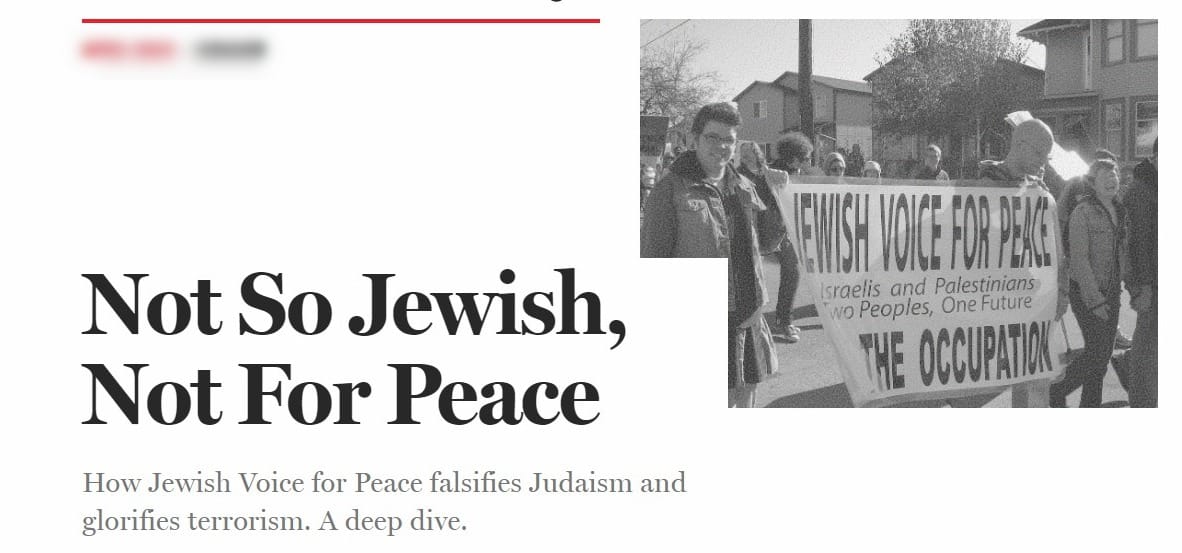
In the realm of Middle Eastern politics, a group called Jewish Voice for Peace (JVP) has been generating significant attention. This organization has been creating controversy with its stance on the Israeli-Palestinian conflict and disruptive demonstrations that have blocked bridges, travel hubs, monuments, and even Christmas tree-lighting events.
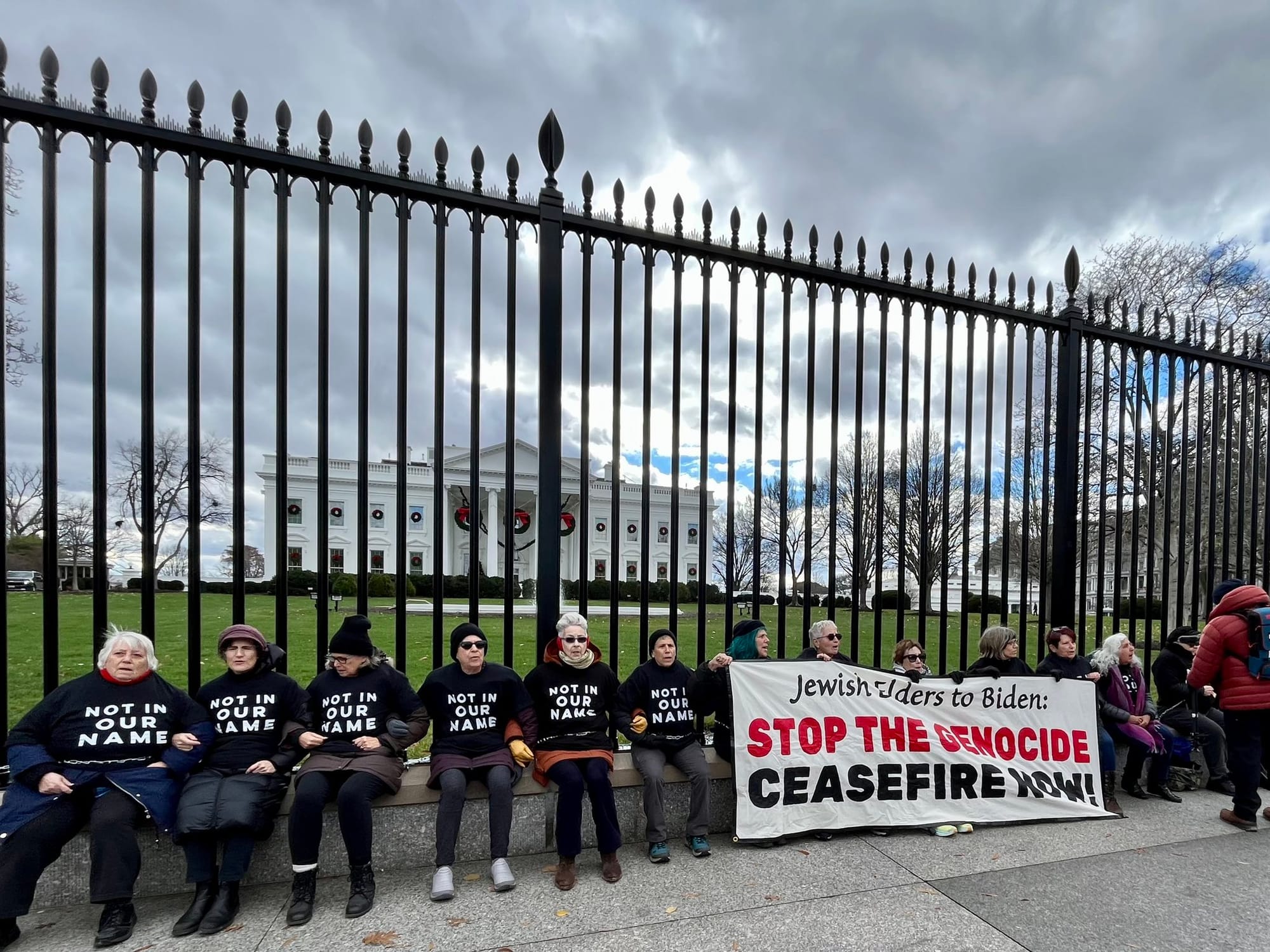
How Jewish Voice for Peace falsifies Judaism and glorifies propaganda.
Deep DiveFirst things first, let's talk about JVP's self-proclaimed mission to work for justice, which they claim is inspired by Jewish tradition. But here's the kicker: not everyone agrees with their interpretation of said tradition. Linda Sarsour, a Palestinian activist, has even gone so far as to say that "being pro-Palestinian . . . is foundational to Judaism." Now, that's a bold statement if we've ever heard one.
And it doesn't stop there.
Los Angeles—Angry drivers try to remove leftist pro-Palestine protesters who shut down the 110 Freeway during the morning rush hour. pic.twitter.com/rPUQZiQ5Vq
— Andy Ngô 🏳️🌈 (@MrAndyNgo) December 14, 2023
JVP has a strong connection to the New Left and Marxist ideologies, with campus coordinator Ben Lorber waxing nostalgic about the days when "thousands of left-wing Jews of various stripes eagerly supported the USSR and socialist or anarchist movements across Europe." Talk about a blast from the past.
But wait, there's more. JVP has also been known to publish alternative liturgies for Jewish holidays, replacing traditional prayers with celebrations of political "victories." This has raised more than a few eyebrows, as it seems to be a clear case of putting politics above religious tradition.
Currently, dozens of Hamastenians are marching and occupying the entrance at Los Angeles International Airport, causing significant traffic congestion.
— MomsJustice (@MomsJusticeUS) December 16, 2023
Travelers to the airport are reportedly at a standstill as Protesters are demanding that Israel and the United States broker a… pic.twitter.com/41Qgm9PMmK
So, what do we make of Jewish Voice for Peace? Well, it's certainly a group that's not afraid to go against the grain and challenge the status quo. But whether or not they're truly advocating for peace or just stirring the pot remains to be seen. One thing's for sure: they've got people talking, and that's something you can't ignore.
Jewish Voice for Peace (JVP) was established in 1996 by a group of student activists in California who were displeased with Israel's decision to open an exit to the Western Wall Tunnels in the Muslim Quarter of the Old City of Jerusalem.
Initially, JVP served as an umbrella organization for both Zionist and anti-Zionist Jews who were critical of Israeli policies. However, in 2019, the group officially adopted an anti-Zionist stance.
Notorious antisemite Linda Sarsour, who was just arrested for storming the U.S Capital Rotunda building in D.C, leads another antisemitic protest in Washington Square Park, NYC.
— Oli London (@OliLondonTV) December 20, 2023
🎥 @ShirionOrg
pic.twitter.com/Zymy3z5wR2
Since 2010, JVP has experienced significant growth in membership and the establishment of new chapters, making it "probably the largest and most influential Jewish anti-Zionist group in the United States."
JVP's anti-Zionist perspective includes backing the "right of return" for Palestinian refugees, embracing the Nakba narrative, propagating the inflammatory claim that Israel is threatening the Al-Aqsa Mosque, and falsely accusing Israel of practicing apartheid.
Hamas in NYC is causing chaos in our beautiful city.
— MomsJustice (@MomsJusticeUS) December 21, 2023
video @ScooterCasterNY pic.twitter.com/wH5Iet27z2
While Jewish Voice for Peace (JVP) officially opposes Jewish self-determination and is not exclusively Jewish, the organization claims to be "inspired by Jewish values and traditions to work towards peace and justice." However, JVP has been criticized for misappropriating Jewish tradition by adapting Jewish rites and texts to fit its political message.
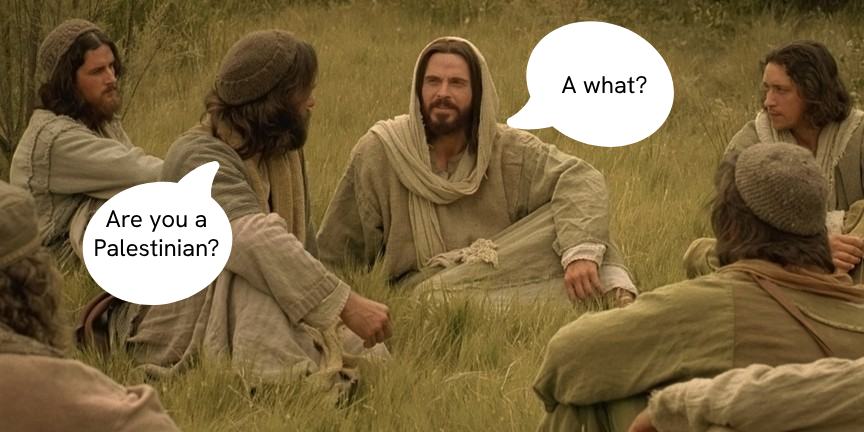
For instance, JVP has refashioned the traditional Passover Haggadah, used Tisha B'av (the Jewish day of mourning) to lament Israeli actions, and recited the Jewish mourner's prayer for Palestinians killed in Israeli military operations (including terrorists). Additionally, the organization has repurposed the traditional lulav ritual as a time to reflect on how to actualize the fight against Israel within one's community.
Pro-Hamas mob organized by notorious antisemite Linda Sarsour have stormed the U.S. Capital Rotunda building.
— Oli London (@OliLondonTV) December 19, 2023
Police have so far arrested 60 activists.
pic.twitter.com/JMOJIMeAJl
JVP sees its role as a Jewish organization to "make sure the world knows that many Jews are opposed to their [Israel's] actions." In doing so, it provides a "kosher stamp" to anti-Israel activities, including the international BDS campaign. This approach has been criticized by those who argue that JVP's actions are not representative of the broader Jewish community and its values.
Never Forget People are Mostly ... pic.twitter.com/oWJFk0oj2l
— MomsJustice (@MomsJusticeUS) December 20, 2023
On its website, Jewish Voice for Peace (JVP) proudly declares its endorsement of the Palestinian civil society call for boycott, divestment, and sanctions (BDS). JVP claims to be the only major Jewish group supporting the BDS movement.
Initially, JVP's boycott was limited to Jewish communities in the West Bank, but since 2015, it has expanded its boycott to encompass the entire State of Israel. JVP's goal is to weaken Israel's position in negotiations with the Palestinians.
Here are some of the ways JVP has actively boycotted and sanctioned Israel:
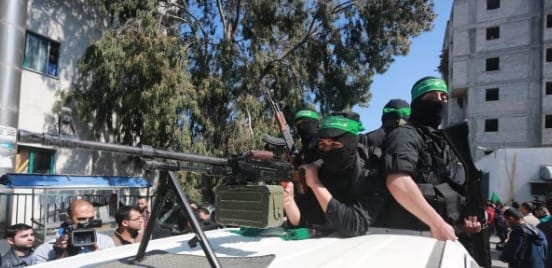
- Campaigning to end exchange programs between Israeli and American police forces.
- Urging the U.S. government to stop providing military aid to Israel, including funding for the Iron Dome defense system.
- Campaigning to have Microsoft cut ties with the Israeli company AnyVision.
- Initiating a campaign to boycott the Israeli company SodaStream.
- In 2014, JVP was instrumental in convincing the Presbyterian General Assembly to divest from three companies with business ties to Israel.
- Its "Return the Birthright" campaign aims to discourage young Jews from participating in Birthright trips to Israel.
- JVP participated in "Block the Boat" demonstrations to prevent Israeli cargo ships from unloading in the port of Oakland.
- Campaigning to end an educational trip to Israel for student leaders at New York University.
- In 2022, JVP joined other organizations in calling on the International Criminal Court Prosecutor to investigate Israeli actions.
These actions have garnered criticism from those who argue that JVP's stance does not represent the broader Jewish community and its values.

